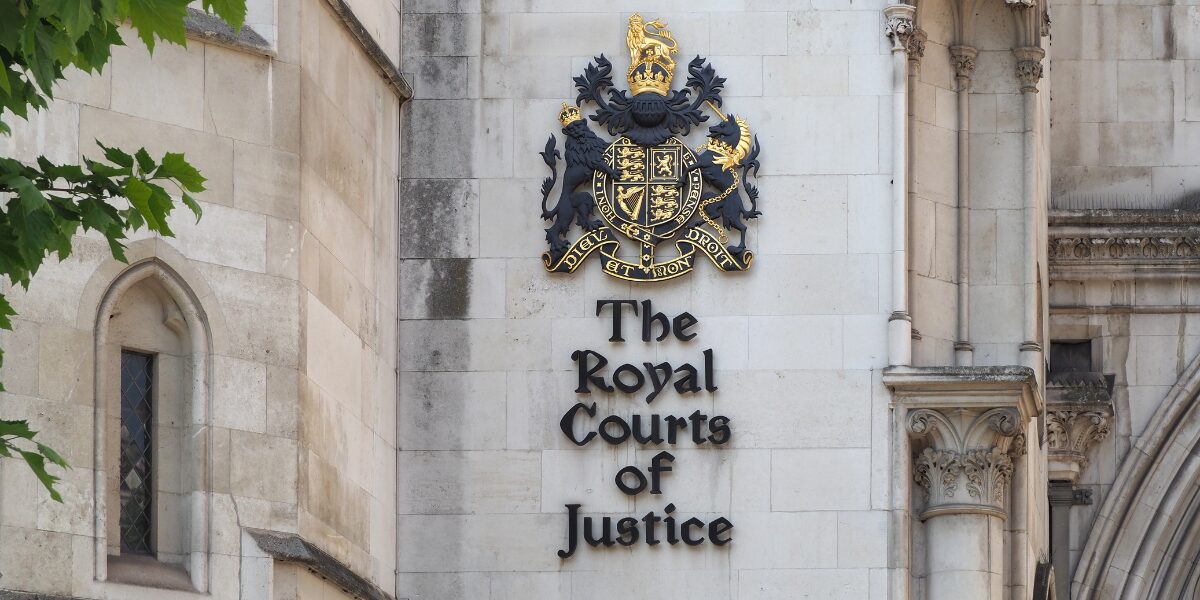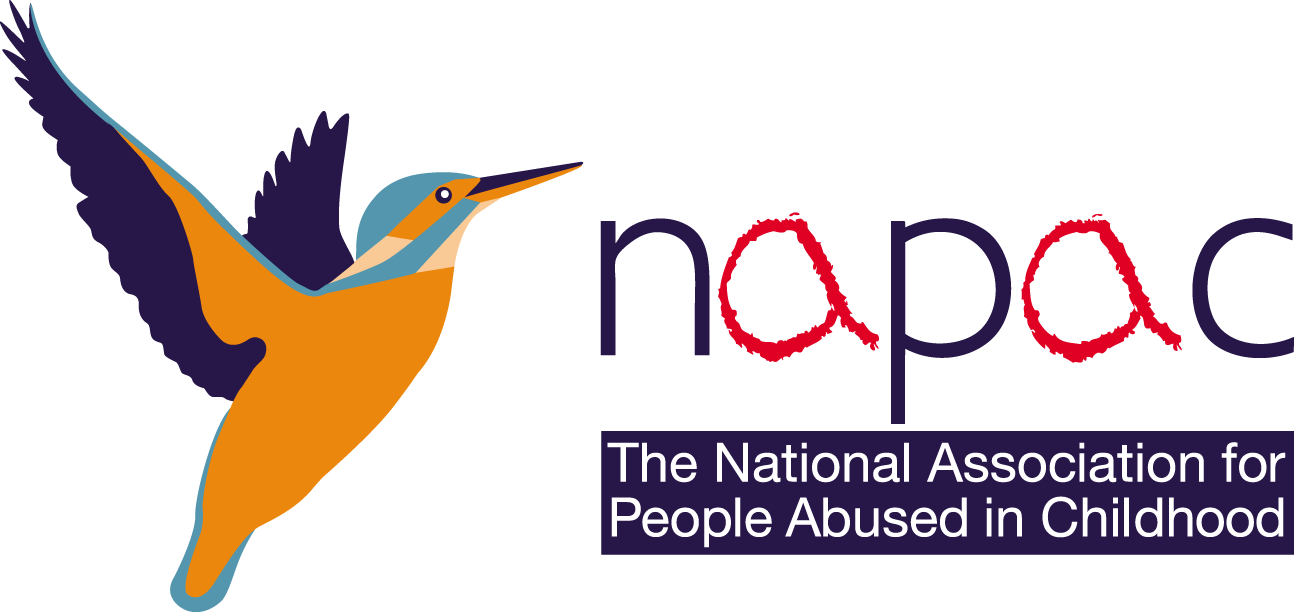
The following blog was provided by Hayley Chapman, Solicitor in the Abuse Team at Bolt Burdon Kemp.
Taking legal action in relation to abuse that you have suffered is a significant step for any survivor. Questions people often ask are: what will this actually achieve? Will I get anything from it? It is entirely sensible and appropriate to ask these sorts of questions.
Which process?
The first step is to be clear on is the type of legal action you are contemplating, because different processes achieve different things.
For survivors of abuse, there are usually three main legal routes you can go down to pursue justice:
- A criminal prosecution
- A civil claim
- An application to the criminal injuries compensation authority (CICA).
The potential outcomes for each option are described in more detail below.
Criminal prosecution
The criminal process starts with reporting the abuse to the police. This should lead to a police investigation and, if there is enough evidence, a prosecution against the individual perpetrator(s) through the criminal courts. You can read about the criminal process in more detail here.
If the prosecution is successful, the outcome would be a criminal conviction against the perpetrator(s) and usually a jail sentence.
As well as jail time, the convicted person may also receive other penalties that help to prevent them from doing the same thing to other people in future. These include a Sexual Harm Prevention Order (SHPO), which can be used to restrict various activities such as internet usage or contact with children.
Additionally, those convicted of serious sexual offences are almost always subject to the sex offender notification rules, to enable the police to keep track of them. This is often referred to as being ‘placed on the Sex Offenders’ Register’. In reality, there is no physical ‘register’, but sexual offenders are obliged to notify the police about certain personal details such as changes in their address or if they plan to travel abroad. This requirement can continue for a certain period or the rest of their lives, depending on the nature of the offence.

A civil claim
A civil claim means suing an individual perpetrator or the institution responsible for them. A claim of this nature is brought in the civil courts (not the criminal courts), which is why it is often referred to as a ‘civil claim’.
The usual objective of a civil claim is to obtain financial compensation for the harm that the abuse has caused and to help survivors rebuild their lives. But sometimes non-financial remedies can be obtained too, including an apology or changes in institutional procedures.
Although of course no amount of money can make up for the harm caused by sexual abuse, the goal of compensation is to remedy any financial damage the abuse has done and put you in a position to move forward with your life.
I have explained the different types of compensation and other remedies available in detail at the end of this article.
The key difference between criminal and civil cases
The main difference to remember between a criminal prosecution and a civil claim is that the criminal route focuses on punishing the perpetrator and reducing the chances that they will do the same thing to someone else, whereas the civil route focuses on the survivor and trying to seek redress for the harm that has been done.

Criminal Injuries Compensation Authority (CICA)
There is also sometimes compensation available via the criminal system. This is generally more limited than the compensation available via a civil claim, but it can still be a helpful route.
If you have been the victim of a crime of violence, you can apply for compensation from a government-funded body called the Criminal Injuries Compensation Authority (CICA). CICA specifies crimes of violence include physical and sexual abuse, as well as sexual assaults.
It is possible to obtain some compensation from CICA for the crime itself, physical and psychiatric injuries caused by the crime, treatment costs and loss of earnings. However there are some limitations to be aware of under the CICA Scheme compared to a civil claim:
- The fixed sums offered by CICA are generally lower than the damages that can be obtained in a civil claim;
- All compensation under the CICA Scheme is subject to a statutory limit of £500,000. For some claims, for example those involving many years of lost earnings, this will mean that there are greater overall sums available via a civil claim (where there is no cap on the level of compensation);
- You cannot recover the legal costs associated with making an application to CICA. This should not necessarily be a barrier by itself because it is possible to make an application without a lawyer. However if you do instruct lawyers to make the application, you will need to pay them yourself or by paying a percentage of your damages. On the other hand if you succeed in a civil claim, you are entitled to recover your reasonable legal costs from the other side;
- CICA will unfortunately not make compensation payments to people with certain types of criminal convictions;
- Some offences are not included in the CICA Scheme, for example coercive control offences or offences involving non-contact abuse (such as cases of online abuse or exposure to pornography). However it is possible to make civil claims in relation to these types of abuse.
Civil claims in more detail – the different remedies available
Financial compensation
The financial compensation awarded as part of a civil claim is often referred to as ‘damages’. The types of damages you can claim are split into two broad categories:
‘General’ damages
This is usually made up of compensation for:
- The assault or abuse having occurred;
- Injuries caused by the assault or abuse. These could be physical injuries or psychiatric harm (for example if you now suffer with PTSD as a result of abuse). Any injuries would usually need to be assessed by an expert as part of the claim.
A specialist solicitor will be able to advise you further on the level of general damages you are likely to receive in a claim.
‘Special’ damages:
These are financial losses you have incurred or expect to incur in the future as a result of the abuse. They are called ‘special’ damages because they are different for each person so the amount claimed will be specific to your case.
Examples of the types of costs that can be claimed are:
- Treatment costs, such as private therapy;
- Loss of earnings, for example if you have been unable to work because of a psychiatric injury caused by the abuse;
- Education costs, for example if you have needed additional tutoring because the abuse caused you to miss school;
- Care needs that you may now have as a result of the abuse;
- The cost of getting intimate images taken down from the web (in cases where they have been shared online without your consent).
This is not an exhaustive list as the financial losses incurred will be specific to each case. Our team at BBK can give you further advice on what losses you may be able to recover as part of a claim.
Other remedies
Many survivors who contact us say that the most important thing to them is having some acknowledgment that the abuse happened, and that it was wrong. In many of our cases we have been able to secure non-financial remedies from defendants, including:
- An apology;
- Further training for individuals who were involved in mis-handling reports of abuse and/or the institutional response;
- Changes to the reporting processes; for example, in one civil claim against a prominent educational institution, we were able to secure their agreement to implement better reporting and investigation processes for sexual offences. These changes were so important for our client that they were included in the formal settlement agreement when the case resolved.
It is important to be prepared for the fact that unfortunately not all defendants are willing to engage with some of these types of remedy. In particular some defendants are reluctant to apologise or admit wrongdoing, even if they lose the case and pay compensation to our clients. This can be very upsetting and difficult to accept when the damage done is already so significant. However many of our clients find that obtaining a financial settlement still provides some vindication, as well as a sense of accountability and closure.
Next steps
If you have experienced abuse and would like to obtain further advice about your legal options, please contact our specialist Abuse Team at Bolt Burdon Kemp for free and confidential advice on the right route for you.
